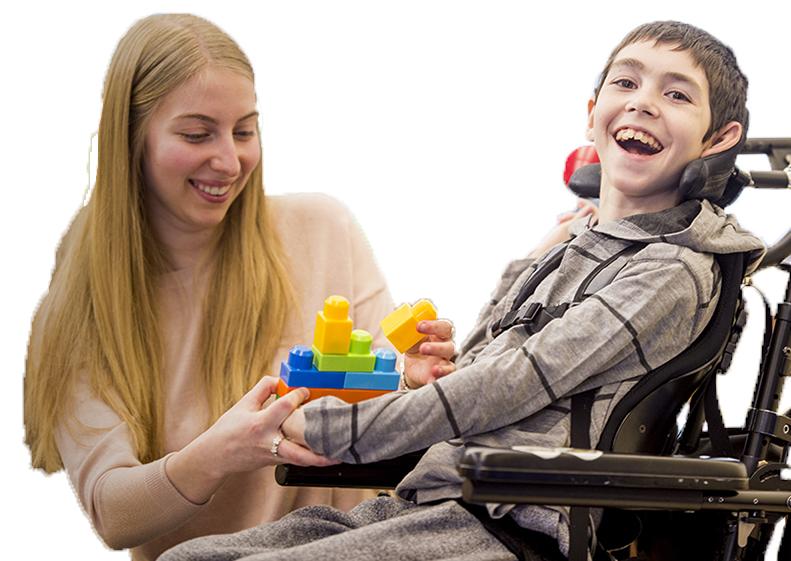Resources Directory
Search below to find a hospital, doctor, therapy, and more

Seattle Children’s Hospital, Research and Foundation – WASHINGTON
Seattle Children’s Hospital specializes in meeting the unique physical, emotional and developmental needs of children from infancy through young adulthood. For more than 100 years, we have been dedicated to providing top-quality care to every child in our region who needs us, regardless of the family’s ability to pay. Through the collaboration of physicians in nearly 60 pediatric subspecialties, we provide inpatient, outpatient, diagnostic, surgical, rehabilitative, behavioral, emergency and outreach services.
Seattle Children’s consists of:
Seattle Children’s Hospital
Seattle Children’s Research Institute
Seattle Children’s Hospital Foundation
Together, we deliver superior patient care, advance new discoveries and treatments through pediatric research, and serve as the pediatric and adolescent academic medical referral center for Washington, Alaska, Montana and Idaho – the largest region of any children’s hospital in the country.
Neurology Department – Seattle Children’s has the only comprehensive epilepsy program in the Pacific Northwest especially for children and teens. Our clinic is the main teaching site for the University of Washington's nationally recognized program for licensed doctors who are receiving specialized training in pediatric neurology. Caring for children with complex neurological conditions requires the skills of specialists in many fields of medicine. At Seattle Children’s, your child's healthcare team may include surgeons, nurse practitioners, neuropsychologists, dietitians and social workers. We see children with a broad range of neurological conditions, including developmental delays, headaches, mitochondrial and other neurometabolic disorders, movement disorders, muscular dystrophy (MD), seizures and epilepsy, and cerebral palsy (CP). We offer specialties in epilepsy, mitochondrial medicine and metabolism, and neuropsychology.
